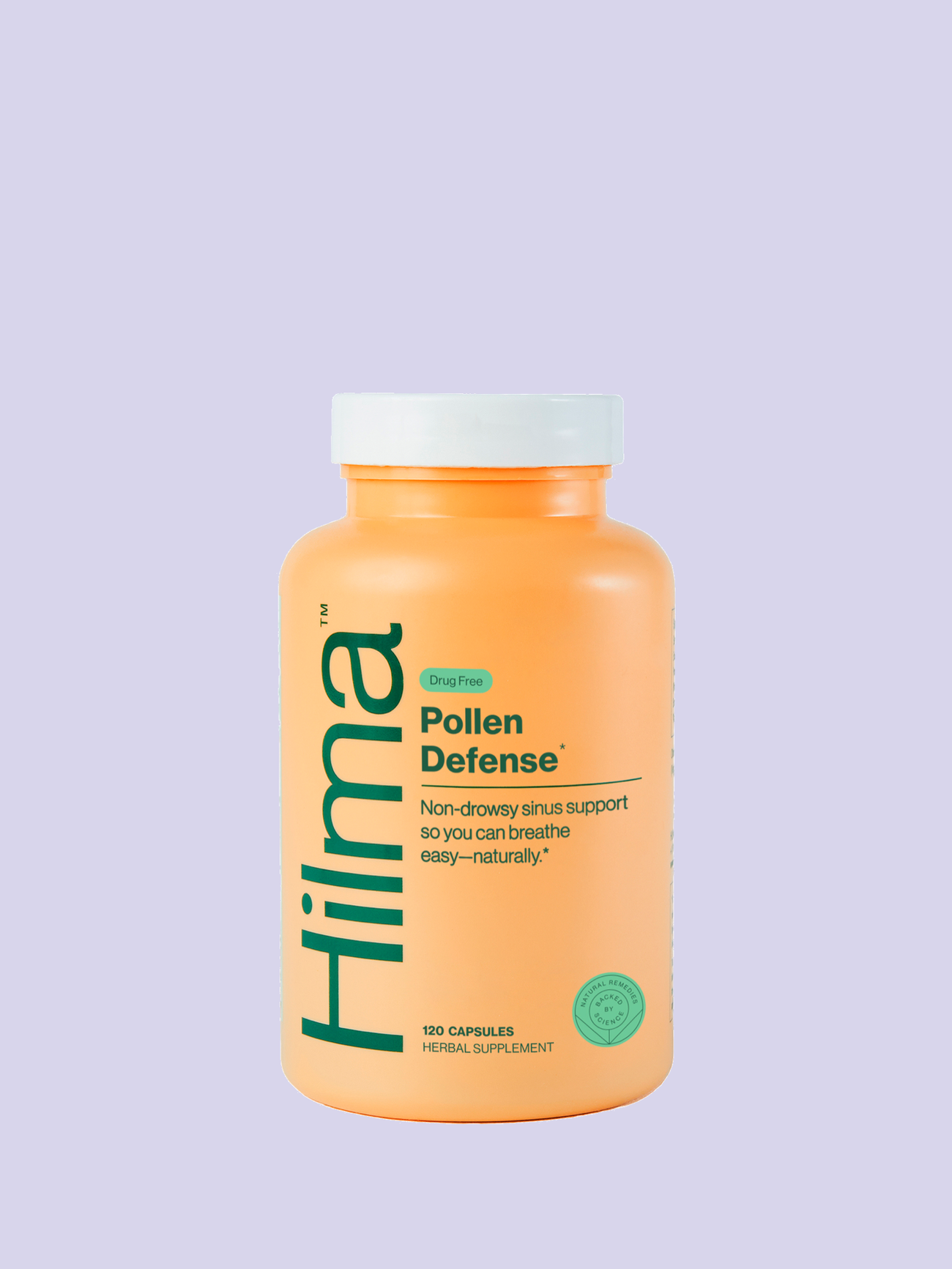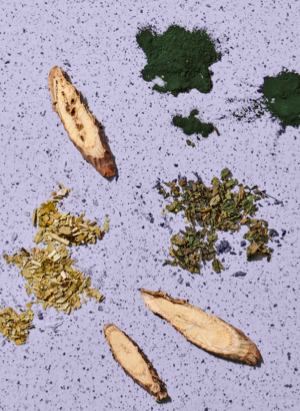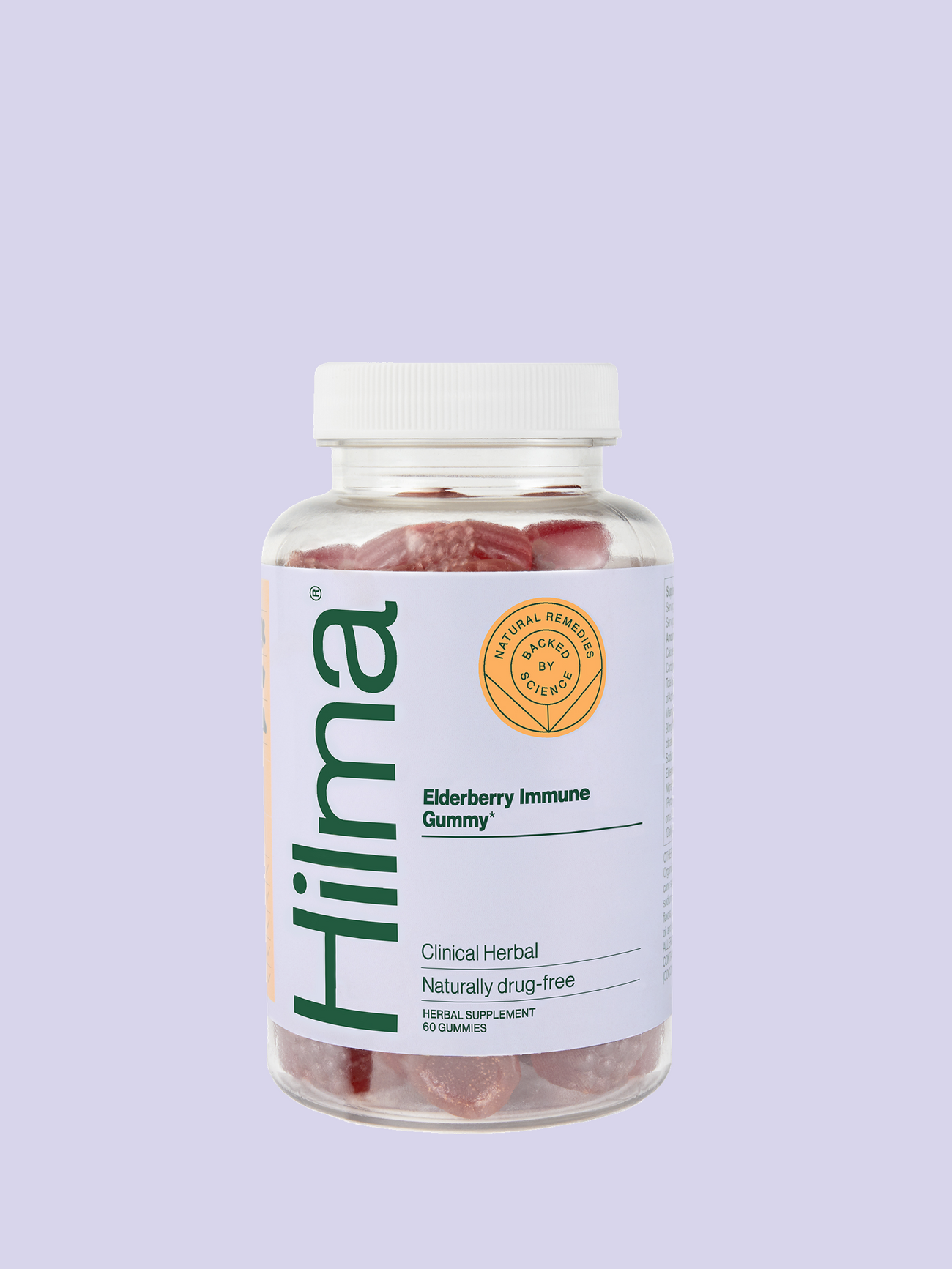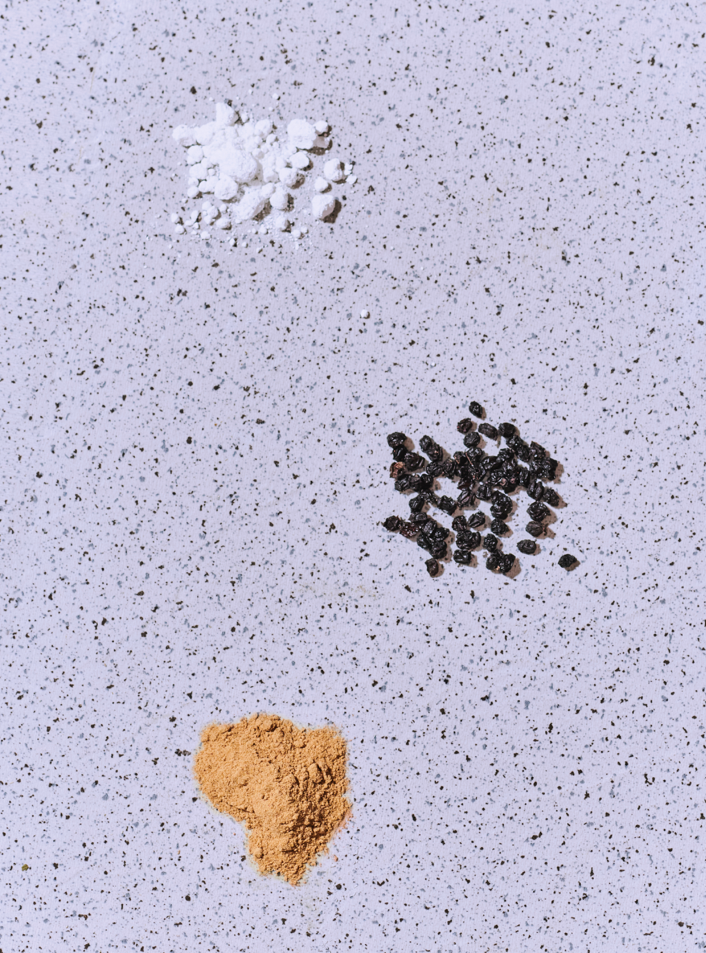
Welcome to the vibrant season where the colors change and the air fills with new scents. Unfortunately, it also brings along those pesky allergy symptoms for many of us.
At Hilma, we believe in tackling health challenges head-on with natural, science-backed solutions. So, whether you're trying to enjoy a picnic without the sniffles or just want to embrace spring without sneezing, we've got you covered.
In this article, we delve into the world of natural allergy relief, offering 15 ways to support your body against seasonal woes, ensuring you can enjoy every beautiful day to its fullest, naturally and healthfully.
What Are Allergies?
Allergies occur when your immune system, the body's designated defender against infections and diseases, reacts to foreign substances (allergens) that are typically harmless to most people. This reaction is your body's way of warding off what it mistakenly perceives as a threat. Common allergens include pollen, pet dander, dust mites, and certain foods.
When someone with allergic sensitivity encounters one of these elements, their immune system starts a response that can manifest various symptoms. This response is part of a complex process involving the release of substances like histamine, which are meant to protect the body but can also lead to the annoying and sometimes severe symptoms associated with allergies.
If you're curious to learn more about how allergies develop and the science behind them, check out the Hilma blog.
What Are Common Types of Allergies?
Allergies come in various forms, each triggered by different allergens and affecting individuals in unique ways.
The most prevalent types include:
- Seasonal Allergies (Hay Fever): Triggered by pollen from trees, grasses, and weeds, these allergies are highly dependent on pollen counts and typically flare up during specific times of the year when these plants are in bloom.
- Perennial Allergies: Unlike seasonal allergies, perennial allergies can occur year-round and are usually caused by exposure to dust mites, pet dander, or mold spores.
- Food Allergies: These are immune system reactions that occur soon after eating a particular food. Common culprits include peanuts, shellfish, eggs, and milk.
- Drug Allergies: Some people experience allergic reactions to certain medications, such as penicillin or aspirin, which can range from mild itchiness to severe health conditions.
- Insect Sting Allergies: Reactions to the sting of bees, wasps, and hornets can be particularly severe and potentially life-threatening, highlighting the importance of recognizing and managing these responses.
- Contact Allergies: Triggered by skin contact with allergens such as latex, certain metals used in jewelry, or chemicals found in cosmetics and personal care products.
What Are Common Allergy Symptoms?
Allergy symptoms can affect the nasal passages, skin, and respiratory system and can range from mild to severe, depending on the individual and the type of allergen involved.
Common symptoms include:
- Nasal Congestion and Runny Nose: These symptoms are often a direct response to allergens irritating the nasal passages.
- Sneezing: A reflex to clear the nasal airways of irritants and allergens.
- Itchy, Watery Eyes: Caused by histamine release, these are typical of allergic rhinitis and seasonal allergy symptoms.
- Skin Reactions: Such as hives, redness, or eczema can occur when allergens come in contact with the skin or after systemic exposure.
- Breathing Difficulties: Including wheezing and shortness of breath, which are more common in those with asthma triggered by allergies or an anaphylactic reaction.
- Swelling: Areas of the body, particularly the face, eyelids, lips, tongue, and throat, can swell in more severe allergic reactions.
Remember, we're all different, and so are our experiences with allergies. If your symptoms feel severe or don't feel quite right, trust your gut. It's okay to reach out to a health professional — they're there to help you navigate your health!
How Can You Relieve Allergy Symptoms Naturally?
Now that you have a clearer understanding of what allergies are and the symptoms they can cause, it's time to explore how you can manage these symptoms naturally. Here at Hilma, we're all about blending the best of nature with the rigor of science to offer you effective solutions.
Let’s explore some of the most effective natural methods and home remedies for maintaining health and wellness during allergy season.
1. Avoid Allergens
The most straightforward way to manage allergy symptoms is to minimize exposure to allergens. This might mean staying indoors when pollen counts are high, using high-efficiency particulate air (HEPA) filters to reduce indoor allergens like dust mites and pet dander, and washing bedding regularly in hot water to kill off any lingering irritants. Just changing one’s pillowcase daily can help reduce morning allergies.
2. Try Natural Supplements
Incorporating natural supplements that act as natural antihistamines can be a game-changer. Quercetin, for instance, is a powerful antioxidant found in cherries, raw onions, and red apples, which is known for its ability to stabilize mast cells and control histamine release. Bromelain, an enzyme found in pineapple, enhances the absorption of quercetin and has been shown to support sinus health.
3. Use a Neti Pot or Nasal Rinse
A neti pot or a saline nasal rinse can be particularly effective in clearing nasal congestion and flushing out pollen and other allergens from your nasal passages. This simple saline solution can soothe irritated nasal tissues, offering immediate relief from nasal congestion and itchy nasal passages.
4. Relax in the Shower or Bath
Taking a hot shower or bath can help relieve nasal congestion and soothe itchy skin. Steam from a hot bath helps open nasal passages and alleviate sinus pressure, while the water can wash away allergens from your skin and hair.
5. Seek Out Butterbur
Butterbur is a lesser-known herb that has shown promise as a natural antihistamine. Research suggests that butterbur can help soothe symptoms of hay fever without the drowsy side effects often associated with over-the-counter allergy medications.
6. Receive Acupuncture
Acupuncture, a traditional Chinese healthcare practice, has been used to treat various health conditions, including allergic rhinitis. It involves the insertion of fine needles into specific points on the body to balance the body’s energy pathways, potentially reducing allergy symptoms.
7. Consider Stinging Nettle or Eucalyptus
Stinging nettle has historically been used as a natural remedy for relieving allergic symptoms, particularly due to its ability to control histamine.
8. Mix in Apple Cider Vinegar
Apple cider vinegar is touted for its numerous health benefits, including the potential to reduce mucous production and cleanse the lymphatic system, aiding in allergy symptom relief.
9. Enjoy a Spoonful of Honey
Local honey is believed to help relieve pollen-induced allergy symptoms. The idea is that consuming honey produced locally can help your body adapt to the allergens in the environment there — a tasty and sweet natural remedy. The trick is to begin enjoying local honey about a month before allergy season to help prepare your body and continue the consumption for at least three months.
10. Eat Plenty of Probiotics
Probiotics found in yogurt, kefir, and other fermented foods can strengthen the immune system, potentially reducing your allergic response. The health of your gut plays a crucial role in your overall immune function.
11. Add Vitamin C to Your Diet
Instead of blocking histamine, like most antihistamines, vitamin C helps break up histamine that is present, making it a great add-on to other antihistamines. It can be found in high amounts in oranges, strawberries, bell peppers, and broccoli. Including these foods in your diet can help mitigate the severity of allergy symptoms.
12. Inhale Steam
Inhaling steam is a simple, effective way to soothe congested sinuses and lungs. This can be particularly comforting during allergy season when nasal congestion and stuffy noses are common.
13. Drink an Herbal Tea
Herbal teas, especially those with peppermint or ginger, can be soothing for many allergy symptoms. Peppermint tea, for instance, is a decongestant and an antioxidant, offering relief from blocked breathing passages.
14. Explore Topical Essential Oils
Essential oils like lavender and eucalyptus can be diluted and applied topically or used in a diffuser to help clear sinuses and soothe watery, itchy eyes. Lavender is an anti-inflammatory while eucalyptus helps relieve congestion in the lungs, throat, and sinuses. Always make sure you are using them safely and effectively, as directed.
15. Regularly Exercise
Regular exercise can help boost your overall immune system, which in turn can help your body handle allergens more effectively. Even light, regular activities like walking can significantly benefit your immune health and reduce the severity of allergy symptoms.
How Can Hilma Support Your Allergy Relief Efforts?
As allergy season rolls in, don't let it get the best of you! Hilma is here to offer natural, effective options that harmonize beautifully with your body's natural defenses.
Our Seasonal Transition Bundle is specifically designed to help you navigate the shifts in seasons smoothly, without the usual discomfort. Our Indoor/Outdoor Support capsules work diligently to offer relief from sinus pressures caused by common irritants like pollen and dust. Pair that with our Elderberry Immune Gummies, a vegan delight that supports your immune system, ensuring it's resilient against seasonal challenges.
As you look for ways to support your health during high pollen counts and beyond, let Hilma be your guide to wellness. Explore our full range of natural remedies that address more than just allergy symptoms — they enhance your overall health and well-being.
Trust in the power of nature, and let us help you live every day to its fullest, no matter the season. Visit Hilma for natural remedies that truly work, and discover how you can start your journey toward a healthier, more vibrant life today!
Sources:
Allergies - Symptoms and causes | Mayo Clinic
Allergies: Symptoms, Reaction, Treatment & Management | Cleveland Clinic
Quercetin Information | Mount Sinai




